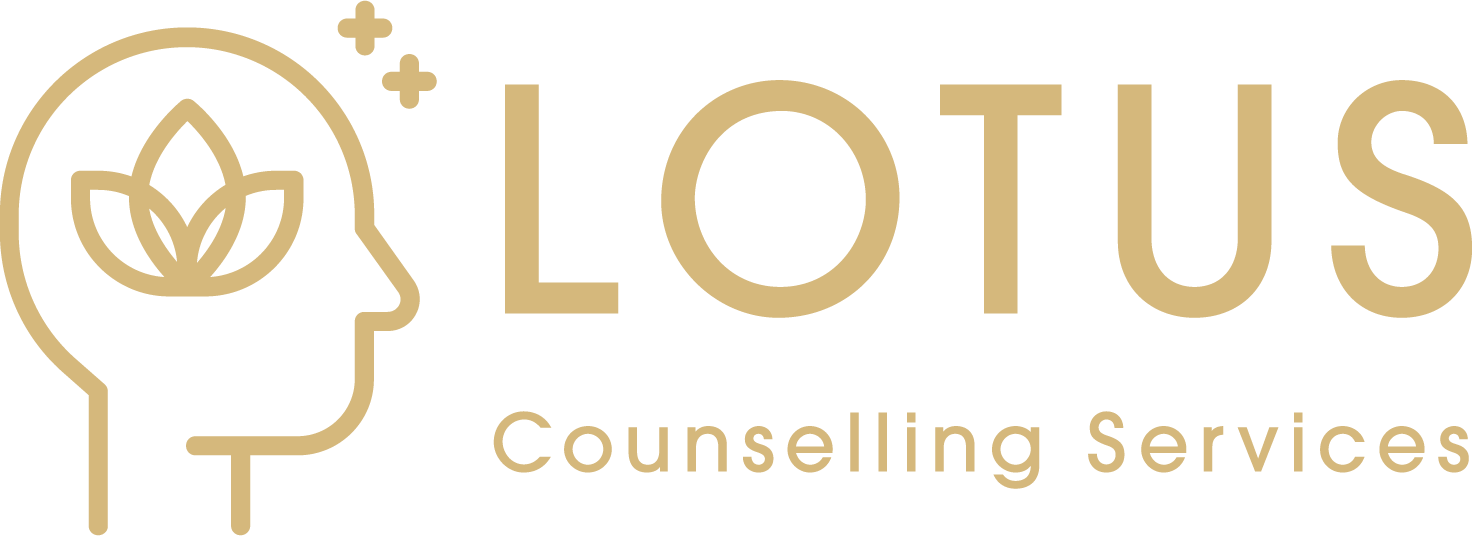
Acceptance & Commitment Therapy (ACT)
Acceptance & Commitment Therapy (ACT) is a style of therapy that aims to promote psychological flexibility. In ACT, everything is evaluated based on function or ‘workability’.
The term ‘workability’ is used to evaluate your behaviours and beliefs about functionality, particularly how they relate and how they align or do not align with your values and goals.
Through six core processes known as the ‘hexaflex’, ACT conceptualizes a unified model of both human suffering and human resilience. Unlike other manualized therapies, it is intended to be more of a ‘dance’ between client and therapist. ACT therapists aim to model psychological flexibility with clients by incorporating in-the-moment experiences during therapy to learn and practice skills ‘experientially’. ACT focuses on two important questions…
1. What sort of life do I want to build?
2. What’s getting in the way?
Our mind is always going, narrating life and the problem is we are not trained to discriminate when the mind is useful and when it is not. The ability to shift out of a fused problem-solving mind and into a descriptively engaged model of minds is helpful.
The goal of the therapy is to be present and open to experiences as they arise and to take effective, values-guided action to build a rich and meaningful life. Put simply, ACT focuses on opening up, being present, and doing what matters!
ACT emphasized the inherent paradox of anxiety which is that while attempting to avoid, suppress, or eliminate unwanted private experiences, these attempts often lead to an increase in the frequency and intensity of the experiences the person is trying to avoid.
Quite often people come to therapy because of the emotional wear and tear of the consequences of their avoidance. They hope to eliminate difficult thoughts, feelings, and physical sensations to achieve a reduction is symptoms but their approach will only continue your suffering and keep it going.
Human pain is normal; however, we often keep our suffering going by avoidance or moving away from our values. The assumption of healthy normality is at the core of traditional medical approaches, however the more we try to ‘chase the concept of happiness’, the more we are not living in the moment and we miss out on many wonderful moments.
“If you are working on your mind with your mind, how can you avoid great confusion?”
– Zen Master Seng-Ts’an



